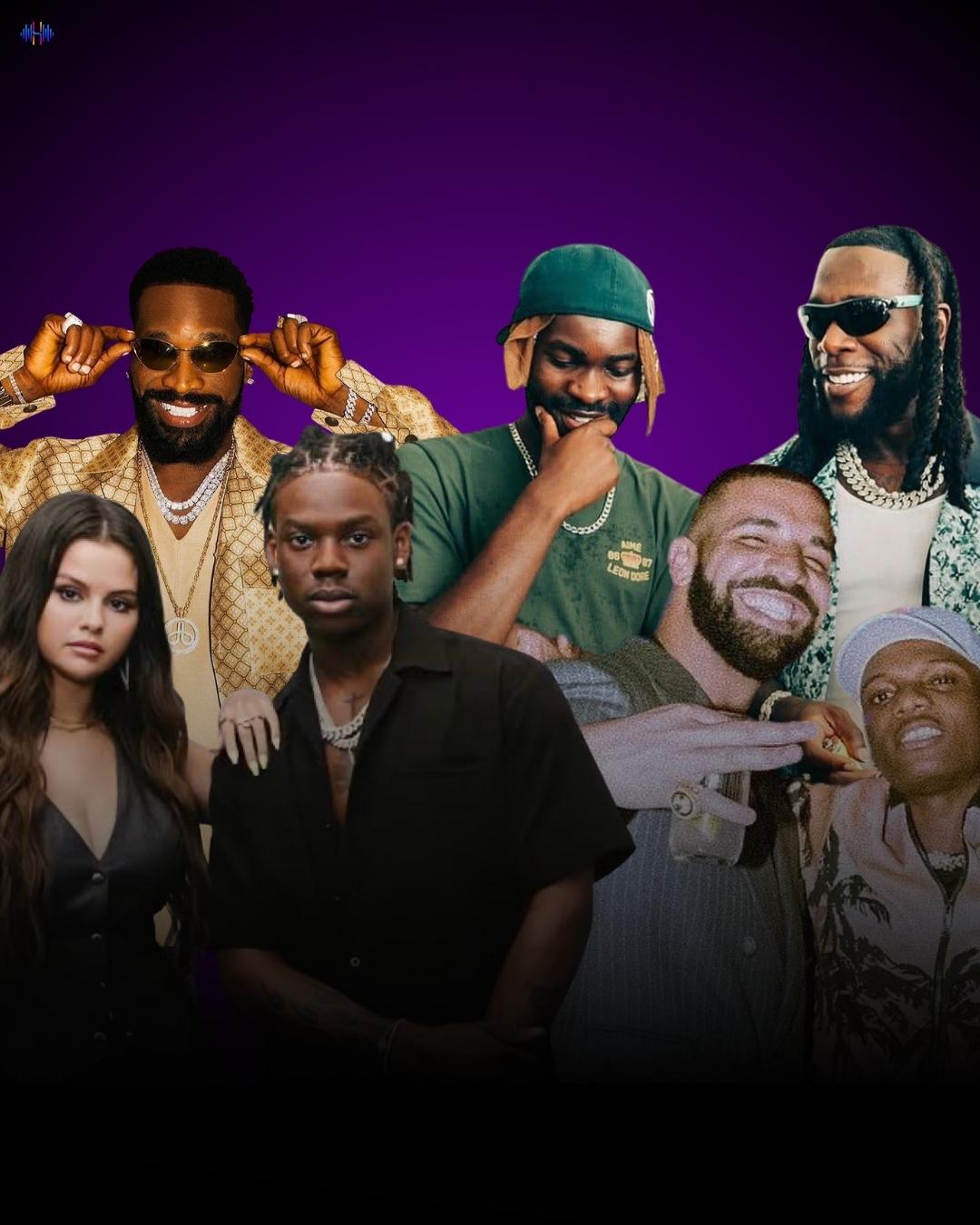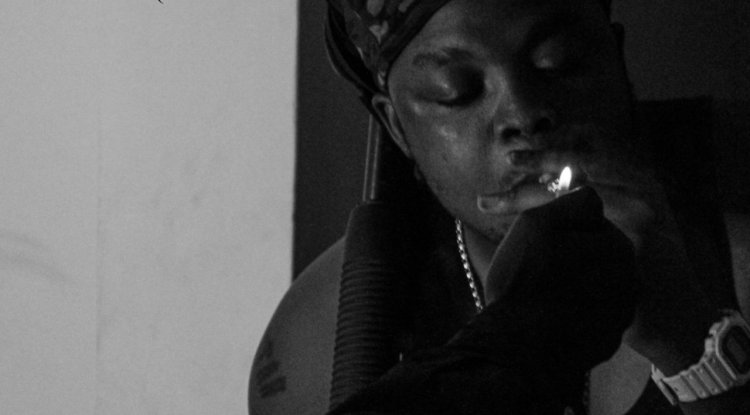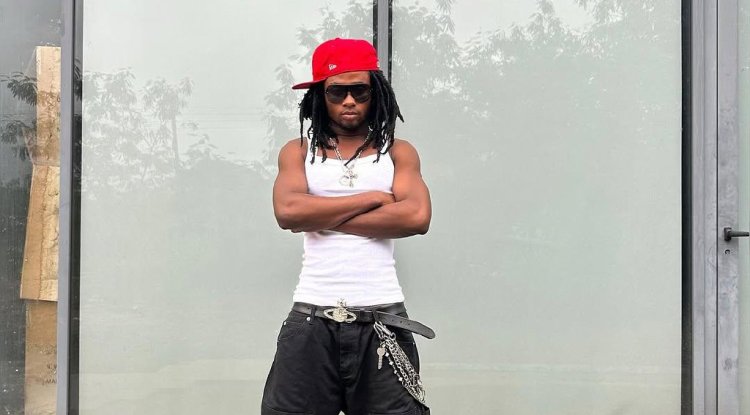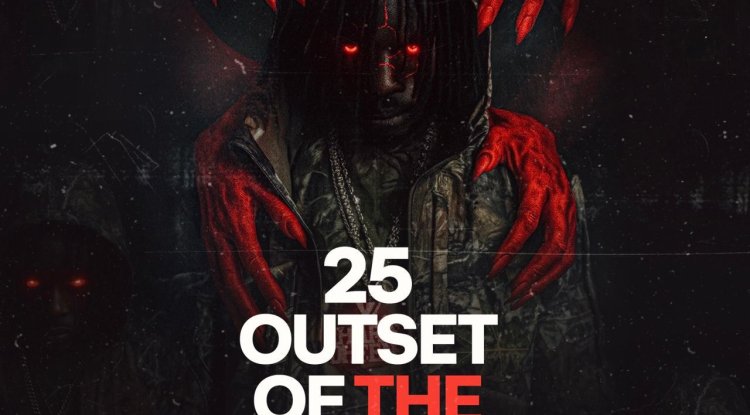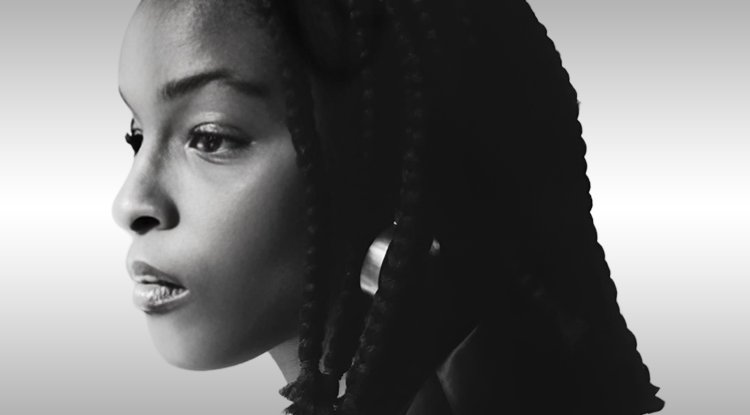Apple Music’s Africa Now Radio Features Zlatan
Nigerian rapper and singer Zlatan joins Nandi Madida via FaceTime on Apple Music 1 to talk about his latest single “Pay Day”. He also discusses the meaning of ‘Symbol of Hope’, getting into music, and Zanku. This Week’s Hottest New Tracks Nandi Madida shares the hottest new African tracks of the moment. This week’s selection […]
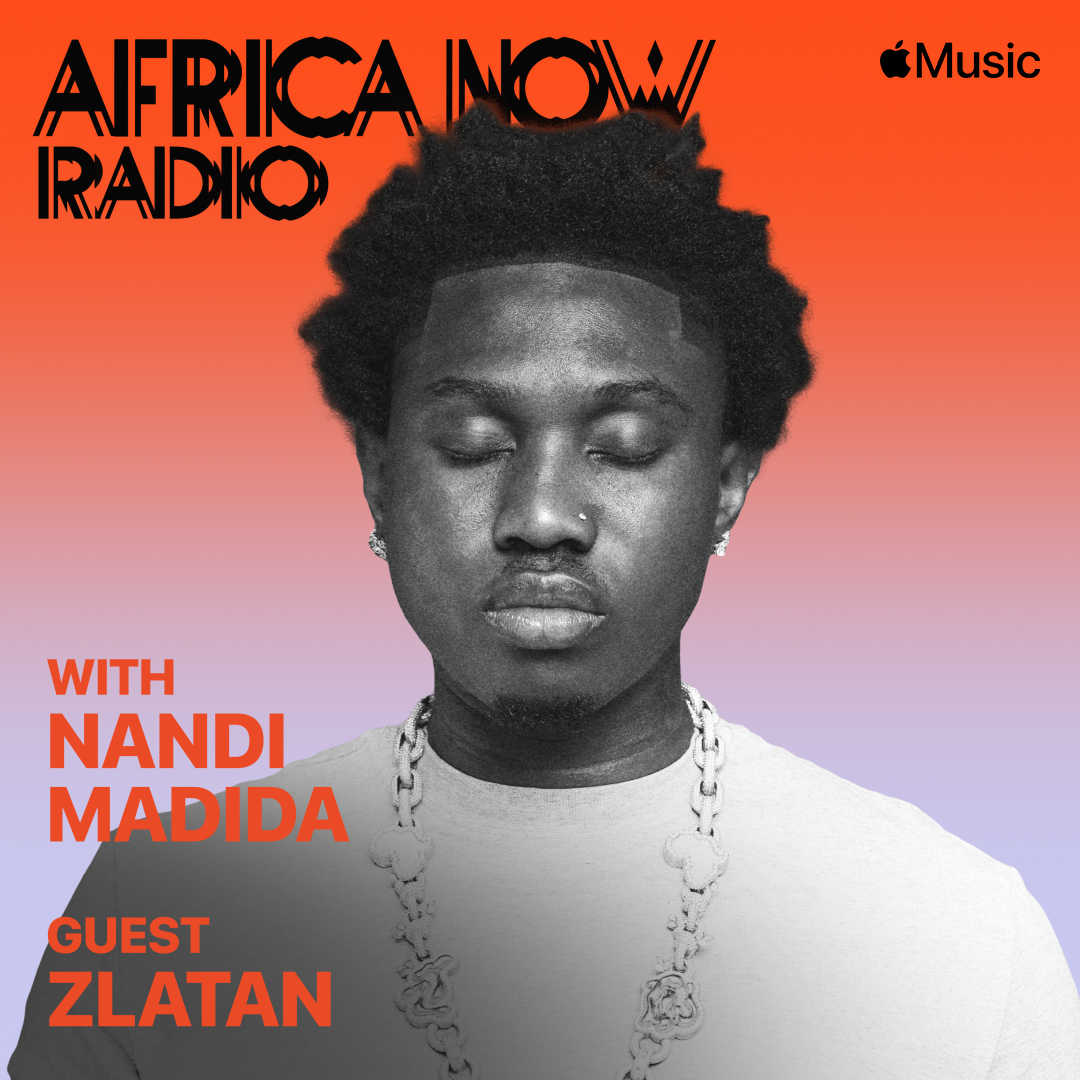
Nigerian rapper and singer Zlatan appears on Apple Music 1 via FaceTime with Nandi Madida to discuss his newest single “Pay Day”. He also covers the significance of “Symbol of Hope”, his journey into music, and Zanku.
This Week’s Hottest New Tracks
Nandi Madida presents the current hottest African releases. The lineup this week features fresh tracks from Tyla, Ciza, AratheJay featuring Stonebwoy, Zee Nxumalo & Mthunzi, Shallipopi & Gunna, and Del B, Reekado Banks & Hotkeed.
Listen to the complete episode this Friday, October 24, at 9 a.m. Lagos/London, 10 a.m. Johannesburg/Paris, 1 a.m. LA, and 4 a.m. NYC on Apple Music 1 via apple.co/_AfricaNow. It will also air on YFM Accra every Sunday at 2 p.m., YFM Kumasi on Saturdays at 3 p.m., and YFM Takoradi on Saturdays at 6 p.m.
Zlatan tells Apple Music about the meaning of ‘Symbol of Hope’
Before I even considered making music, I was already a devoted listener of many artists. I cherished the music I heard, and when I reflected on it, I realized just how deeply I loved it. Those artists became my symbols, showing me how life could transform from nothing to something. I’ve known several Nigerian musicians for two decades and watched them grow; they were my personal symbols. Coming from a place where the path for creatives isn’t always smooth, I feel compelled to reconnect with people in my community and those excelling in various fields—whether a graphic designer, a student, a doctor, or a nurse. Each of them can be a symbol of hope. Seeing the volume of DMs I receive and the influence my music has on people who refuse to give up, I decided to say, “If you look at me, consider me a sign that you shouldn’t give up, and I can be a symbol of hope for you, and you can also be a symbol of hope to someone else.”
Zlatan tells Apple Music about getting into music
I was slated to attend university in 2011/12, but missing paperwork prevented me from enrolling. I failed mathematics and accounting, so I couldn’t go that year. As a church boy, I sang in the choir and played drums—my dad is a pastor. I had a basic grasp of music from church, but never imagined becoming an artist. After failing my exams, I began spending time at the studio. A friend returned home one day and played a song; I knew him from church and had never heard him make music before. I thought, “If he can create music, anyone can.” We headed to the studio, and for the first time, I stepped up to the mic. It was a funny moment. I came back home, and the song felt rough and nonsensical. When I played it for my siblings, they started treating me like Jay‑Z, asking how I recorded it, unaware of the process. Their encouragement fueled me. I followed my friend to the studio for a year before returning to school, even though I had no finished tracks. I treated it as a joke, but the praise from the neighborhood made me enjoy it. I went back to school a year later, and during my first semester, a rap competition arose. I didn’t think anyone could win a car from the kind of music I made, and I had fewer than five tracks, none fully mixed or mastered. That moment sparked my passion for rap. I wrote daily, night after night. The competition came up while I was immersing myself in the rap scene, and out of 140 participants, I won a car at 19. I was stunned—this happened just three weeks into my first semester, before even taking the first exam.
Zlatan tells Apple Music about Zanku
That’s Africa—Nigeria, Africa, to the world. I’m thrilled I could create something. The most fascinating moment was when I was about to develop that dance; an idea struck me, and I linked it to my name. Zanku represents Zlatan. I’m not a killer. That’s the full meaning, yes. You can’t imagine mentioning Zanku worldwide without it being associated with me, so it’s great to see so many dances emerging from Nigeria, Africa, to the world. Growing up, I always wanted my own dance moves to accompany a song. The concept was in my mind, and it materialized globally. Zanku went viral. The legwork dance spread worldwide; its influence remains strong in Nigeria today, still rooted in the legwork.
What's Your Reaction?











